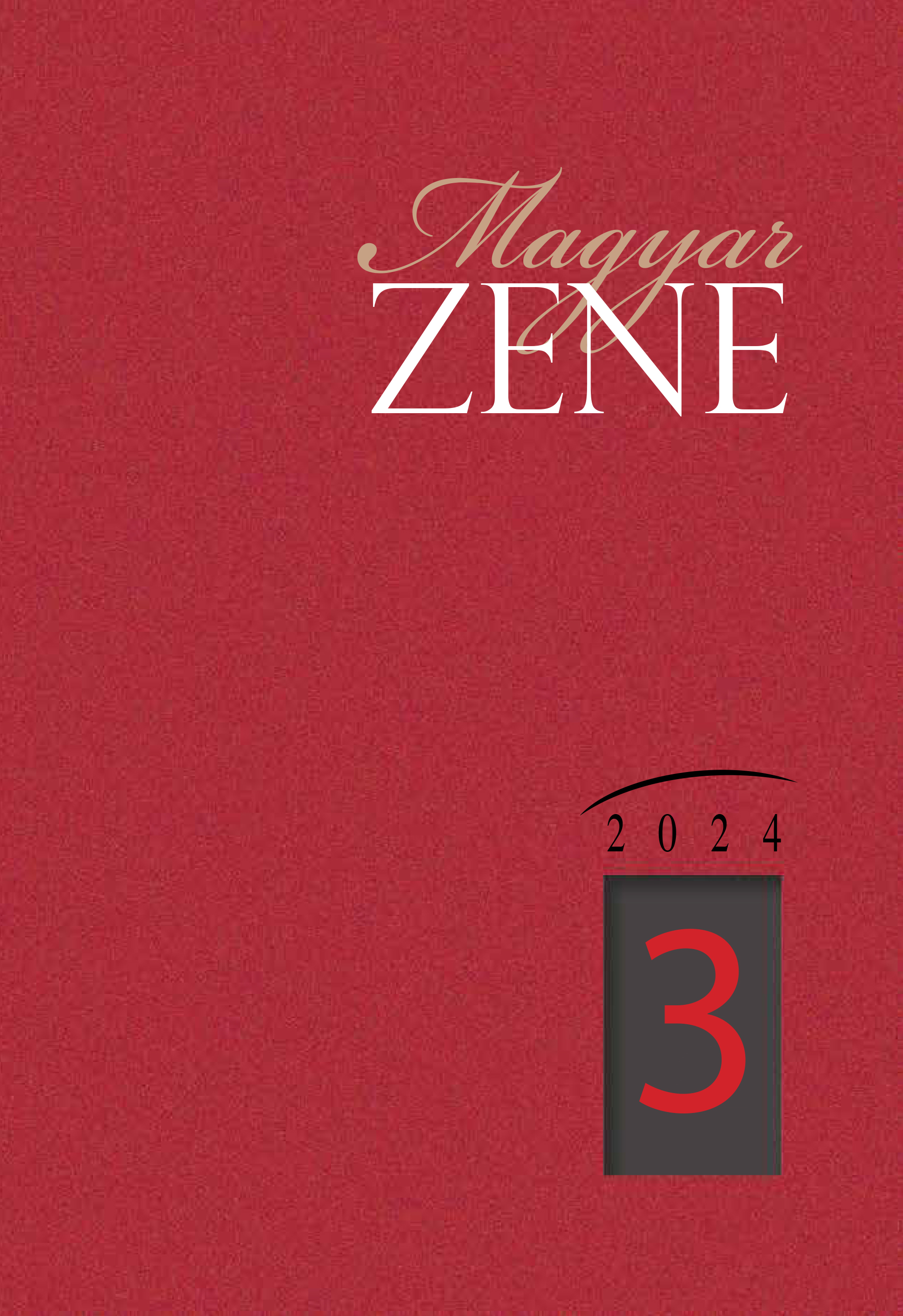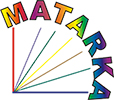Eötvös Péter posztmodern kórusoperája, avagy a groteszk intonációja a valuska című zenés tragikomédiában
Abstract
The opera composer Péter Eötvös has set to music libretti written in various languages over the past decades. After having composed operas to Russian, French, English and German libretti, he completed his new opera (Valuska) in the spring
of 2023, which was based on a Hungarian and German libretto from the novel by László Krasznahorkai (The Melancholy of Resistance). Valuska thus occupies an exceptional place in the oeuvre of Péter Eötvös not only because it is his first opera
in Hungarian, but also because it was written simultaneously in a language other than his own, German. Despite all this, there are elements of natural language in the music of Valuska, and things that might be characteristic of the compositional style of a musical tragicomedy or a grotesque opera. There are grotesque elements in the orchestration, in the distorted sound of the text, and sometimes the grotesque effect is created by the fact that the plot unfolds within the genre of opera.
The choral scenes are fundamental to the overall picture of Valuska. At the same time, the choral numbers are not only of crucial importance in creating the musical profile, but also in the dramaturgy of the music. The first part of the paper
examines the role of different choral techniques in music dramaturgy and attempts to examine Valuska in the light of the tradition of 19th- century choral operas in which the chorus became the protagonist. The various sounds produced by the
choir (speaking, bellowing, singing, vocalizing without words) indicate the many different traits of the crowd to be represented. The musical representation is largely caricatural, and the instrumental transformations of caricatural features
appear in a wide variety of ways throughout. This caricatural quality becomes, in the strictest sense of the word, the fundamental musical layer of the opera. At the same time, there is no obvious connection between the predominant tone and
musical style of the opera on the one hand and the grotesque as an aesthetic cate gory on the other.
References
Alexa Károly: "Dél- alföldi Apokalipszis", Hitel 4. (1990), 52-53.
Bakhtin, Mikhail: Rabelais and His World. Transl. Hélène Iswolsky. Bloomington: Indiana University Press, 1993.
Barasch, Francis K.: The Grotesque. A Study in Meanings. The Hague: Mouton, 1971.
https://doi.org/10.1515/9783111715100
Csuhai István: "A melankólia ellenállása", Magyar Napló 2/6. (1990), 12.
Dahlhaus, Carl: Nineteenth- Century Music. Transl. J. Bradford Robinson. Berkeley: University of California Press, 1989.
Dérczy, Péter: "Krasznahorkai László: Az ellenállás melankóliája", Kritika 8/8. (1990), 41-42.
Földényi F. László: "Egy beteljesedő jóslat", Jelenkor 33 /12. (1990), 1046-1051.
Gossett, Philip: "Becoming a Citizen. The Chorus in Risorgimento Opera", Cambridge Opera Journal 2. (1990), 41-64
https://doi.org/10.1017/S0954586700003104
Grabócz Márta (szerk.): Les opéras de Peter Eötvös entre Orient et Occident. Paris: Éditions des archives contemporaines, (2012), 1- 6.
Grabócz Márta (szerk): Eötvös Péter operái - Kelet és nyugat között. Bevezetés, ford.: Balázs István, Parlando, 2013, https://www.parlando.hu/2013/2013- 1/2013- 1- 11- Grabocz.htm#_ftn1
Guthke, Karl S.: Modern Tragicomedy. An Investigation into the Nature of the Genre. New York: Random House, 1966.
Hamilton, David (ed.): The Metropolitan Opera Encyclopedia. New York: Simon and Schuster, 1987.
Horkay Hörcher Ferenc: "A pusztulás anatómiája", Holmi 2/5. (1990), 576-580.
Károlyi Csaba: "Csődöt mondtunk?", Alföld, 41. (1990)/1, 41- 47.
Kayser, Wolfgang: The Grotesque in Art and Literature. Transl. Ulrich Weisstein New York-Toronto: McGraw- Hill Book Company, 1966.
Krasznahorkai László: Az ellenállás melankóliája, Digitális Irodalmi Akadémia, https://konyvtar.dia.hu/html/muvek/KRASZNAHORKAI/krasznahorkai00014_kv.html
Krasznahorkai László: The Melancholy of Resistance. Transl. George Szirtes. New York: New Directions Book, 1998.
Krasznahorkai László: Melancholie des Widerstands. Übers.: Hans Skiecki. Frankfurt am Main: Fischer Taschenbuch Verlag, 2011.
Mátra,i Diána Eszter (szerk.): Eötvös Péter: Valuska. Budapest: Magyar Állami Operaház, 2023, 11.
Parakilas, James: "Political Representation and the Chorus in Nineteenth- Century Opera", 19th- Century Music 16/2. (1992), 181-202.
https://doi.org/10.2307/746265
Steig, Michael: "Defining the Grotesque. An Attempt at Synthesis". The Journal of Aesthetics and Art Criticism 29/2. (Winter 1970), 253-260.
https://doi.org/10.2307/428606
Thomson, Philip John: The Grotesque (Critical Idiom). London: Methuen, 1979.
Ur, Máté: "Azonos korban élünk: irodalom, zene és közönsége" - Eötvös Péter a Valuskáról, Opera. A Magyar Állami Operaház Magazinja, 2023. ősz, 16-18.





